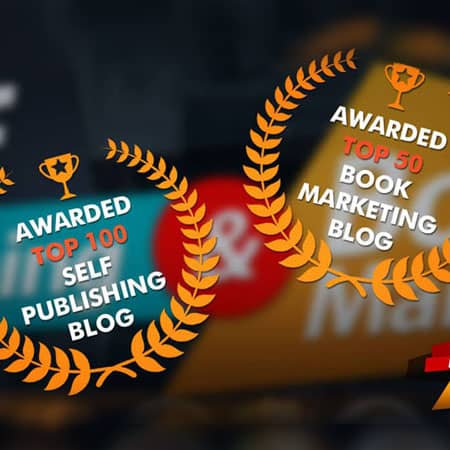
Kim Staflund - June 6, 2020 - 
Intellectual Property in Book Publishing is Priceless!
More and more authors are turning to hybrid publishers to support them in publishing their books—and with good reason. Supported self-publishing incorporates the flexibility and copyright retention of vanity (“indie”) self-publishing with the professional quality of traditional trade publishing to provide authors with a much more balanced approach to book publishing.
Balance is better because it arms authors with all the tools they’ll need to ensure their books’ salability and commercial success, not only in the eyes of book retailers everywhere but also foreign rights agents.
Think of Your Book as an Asset
According to renowned American businessman and investor, Robert Kiyosaki, an “Asset can be anything as long as it has value, produces income or appreciates, and has a ready market. Assets put money IN your pocket.” In his book titled Rich Dad Poor Dad, he took it a step further with the then controversial statement that our homes are not our assets so long as we’re still paying a mortgage on them. In fact, our real estate only becomes a true asset when it is generating a consistent cash flow (e.g. rental income) for us as opposed to capital gains alone.
A traditional trade publisher is to your book what a mortgage lender is to your real estate. Your name may be listed as the “owner” on that contract, but the control is theirs until that contract runs its course. As the true owner of the asset, they call the shots. They get first dibs on the profits.
This could possibly be the most significant reason why supported self-publishing is fast becoming a preferred choice for authors everywhere.
Retained copyright ownership of your intellectual property is potentially priceless, particularly when it comes to the sale of foreign rights.
Where’s the Money in Book Publishing?
The best way to earn a profit from publishing is to maximize your asset’s various revenue streams. When it comes to books, perhaps the most lucrative revenue stream of them all is foreign rights.
Bob Erdmann explains it well in his blog post titled The Importance of Foreign Rights:
Foreign publishers worldwide are aggressively seeking books to publish. More often than not, work by quality authors is simply not readily available in their countries so they seek acquisition of licensing rights to books already published in other countries.
You, the [publisher] license the right to a foreign publisher to reprint, market and distribute your book in either English in English speaking countries, or translated into a foreign language in non-English speaking countries. The entire cost to do this is borne by the foreign publisher, who pays you an advance and royalty for this licensing right. This is found money for you and a very simple way to create a significant revenue stream from your financial asset—your book—thus helping to maximize the return on your investment.
With this in mind, it is crystal clear how the sale of foreign rights can make such a significant difference to the financial success of a book. The value of retaining 100% copyright ownership of your intellectual property is also obvious. Whoever owns it controls these revenue streams including percentage pay-outs to all the parties involved.
Foreign Rights Agents Only Buy Professional Quality
In a misguided attempt to save money, one of the greatest errors indie authors often make is to sidestep the most important parts of the book publishing process: namely professional copy editing and graphic design followed by professional proofreading by yet another set of eyes. But there is the price of something—and then there is the cost. Neglecting to pay the price for these critical services may very well cost indie authors in lost foreign rights opportunities down the road, never mind retail sales.
It takes a qualified team of people to produce a professional grade book that can stand proudly beside the best, and these agents won’t waste their time on anything less. Don’t kid yourself for even a minute. You owe it to yourself to give your book the best chance at success so you can take advantage of this lucrative revenue stream.
You also owe it to yourself to make foreign rights a part of your concerted effort to increase your book’s profit margin. This isn’t a sprint; it’s a marathon. It takes time, effort, and thoughtful planning regarding who your target market is and how you plan to reach them.
Maybe someone will want to purchase the simplified Chinese or complex/traditional Chinese language rights for your book in China. Maybe others will want to buy the exclusive North American film rights so that they can adapt the book for film in that region. You can “divvy up” the rights to a book in so many different ways that it would be impossible to list them all here, but this gives you a very basic idea.


